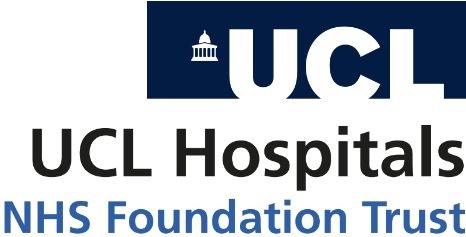
Analysing internet search activity is an established method of tracking and understanding infectious diseases, and is currently used to monitor seasonal flu. The new findings show that online search data can be used with more established approaches to develop public health surveillance methods for novel infectious diseases as well.
For the paper, published in Nature Digital Medicine https://www.nature.com/articles/s41746-021-00384-w researchers used COVID-19’s symptom profile from existing epidemiological reports to develop models of its prevalence by looking at symptom-related searches through Google.
They then recalibrated these models to reduce public interest bias – that is, the effect media coverage has on online searches. This enabled them to predict a peak in cases when applied to COVID-19.
Academics working on the models have been sharing their findings with Public Health England (PHE) on a weekly basis to support the response to the disease.
This work was reported by the following media outlets:
BBC https://www.bbc.co.uk/news/av/technology-53078581
New York Times https://www.nytimes.com/2020/04/05/opinion/coronavirus-google-searches.html
Huffington Post https://www.huffingtonpost.co.uk/entry/coronavirus-google-search-data_uk_5f8d55d4c5b67da85d1fdead
